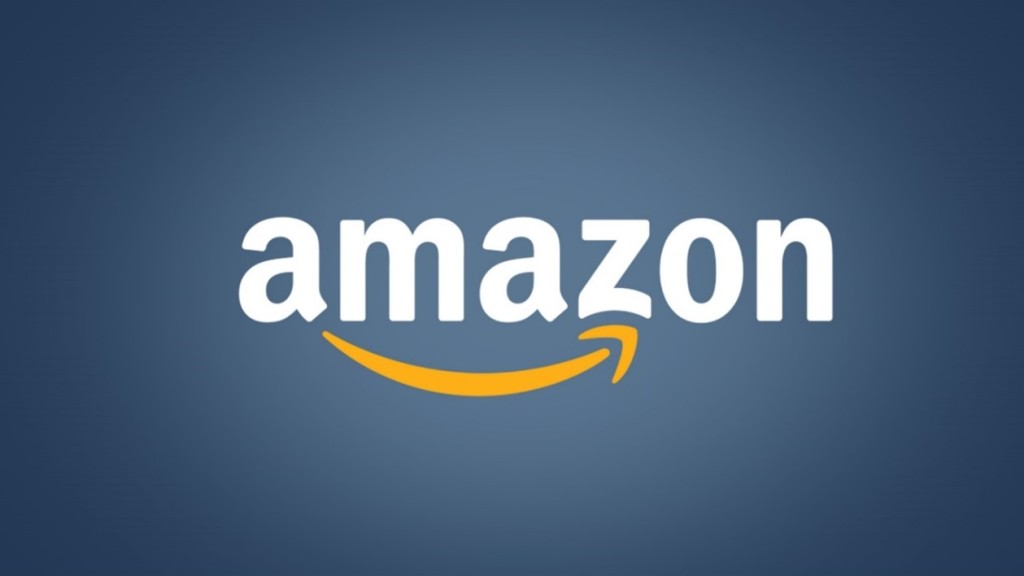

So, Amazon (and Walmart controlled Flipkart) were not able to convince the highest judiciary in India, the Supreme Court of India, to stall the Antitrust probe against their alleged unfair business practices affecting retail online and offline vendors in India. Vide its brief order dated 09 August , 2021 , the Supreme Court of India declined to interfere against the Karnataka High Court judgment of 11 June 2021.
I apologize for being late in reporting this important development. Readers may like to refer to my last blog of 15 June 2021 wherein I had given a detailed background and analysis of the issues raised in India by Delhi Vyapar Mahasangh (DVM) – a group representing small and medium sized business affiliated to the Confederation of All -India Traders (CAIT) , against these two large online platforms .
It will be interesting to wait and watch the outcome of the investigation now going on before the Director General (DG) of the Competition Commission of India (CCI). I would like to share some of my thoughts on its possible outcome and whether it will finally force these two Global ecommerce giants to change their unique business model – of sacrificing profits to oust competition though ensuring consumer welfare.
As stated by me before in my comments, this will be the first ever Antitrust investigation against Amazon for its alleged vertical anti-competitive arrangements anywhere in the World, entered by both Amazon (and Flipkart), with their respective preferred sellers, which raise some fundamental competition issues, perhaps, unique to India.
CCI in its prima facie order , directing investigation by the DG ( which was challenged before Karnataka High Court ) had found instances of vertical arrangements in the nature of “preferred sellers” and “preferential listings” of such sellers on both the Amazon and FlipKart in the context of violations of Section 3(4) of the Competition Act,2002 (Act) in the Inter-platform , intra-platform and inter-channel distribution, which , considering the substantial market power (read share) held by both these online platforms can be found to be causing appreciable adverse effect on competition[1] in ( the relevant markets) in India .
Further, in its first “Market Study on E-commerce in India: Key Findings and Observations” (“Market Study”) released by CCI in January 2020, which covers E-Commerce in the segments of (i) consumer goods (mobiles, lifestyle, electrical and electronic appliances, and grocery); (ii) accommodation services; and (iii)food services, CCI , has already highlighted the following core competition law issues :
- Platform neutrality– Preferential treatment of platform’s own or related entities.
- Platform-to-business contract terms– Unilateral revision in contract terms and imposition of unfair/one-sided contract terms.
- Platform price-parity clauses– Restriction of sellers/service providers from offering their goods or services at lower prices on other platforms (i.e. wide parity) or on the seller/seller provider’s own website (i.e. narrow parity).
- Exclusivity Agreements– Agreements where a certain product is launched exclusively on a single online platform, as well as agreements where a platform lists only one brand in a certain product category; and
- Deep Discounts– Platform’s funding price discounts for products listed on the platform.
Out of the above 5 core issues, Antitrust inquiries are already going on against both Amazon & Flipkart with respect to issues at serial number 1,2,4 &5 (the cases filed by DVM / CAIT referred to above) and after losing the litigation at the highest level of the Supreme Court, investigation has already commenced before the DG as aforesaid. Similarly, Antitrust inquiry is also going on for issue as serial number 3 against Make My Trip and two separate cases are being investigated by the DG already .
Thus, with CCI stance , more or less obvious , the question emerges how the ecommerce platforms are going to defend their conduct during the investigation and during the post investigation , inquiry before CCI ?
Obviously, one of the obvious defences is going to be consumer welfare i.e. how these exclusive tie ups and preferential listings to favour their private labels on these online platforms ensure best quality products to consumers at fastest speed of delivery and how in absence of these, there is every likelihood of compromise on quality or even supply of spurious goods by “common” online vendors, for whom, in the absence of any exclusive tie ups with these platforms, the platforms cannot guarantee their products for complete customer satisfaction. The other obvious defence of course being the denial of market power by defining the relevant market as broadly as possible. However, CCI having accepted the online markets as separate relevant markets since November 2018 in the All India Online Vendors Association Case, CCI is unlikely to agree to any broad market definition considering the growing importance and usage of online commerce during the COVID -19 pandemic and the emerging Work from Home culture .
This brings me to the next question which would mandatorily be framed as an issue by the DG-Whether the practices assailed of are likely to cause AAEC in the relevant (online) market in terms of the factors prescribed under Section 19(3) of the Act , which , precisely mean , (a) whether there is foreclosure[2] of market possible for vendors other than the preferred sellers or private labels including ordinary online vendors on these platforms and (b) whether these exclusive dealings create entry barriers[3] for vendors other than the preferred sellers or private labels including ordinary online vendors on these platforms ? The answer has to be in affirmative of course. On the other hand, the e platforms are going to press for the pro consumer benefits[4] such, ample choices , ease of shopping sitting in the comfort of homes , best quality products at cheapest prices and delivered at fast speeds etc, thereby improving in distribution of goods[5] .
Thus it may be a tough test for both the DG and the CCI to balance out both the pro- competitive factors against the anti- competitive factors and arrive at a reasoned analysis based on “rule of reason” mandated for competition analysis of vertical agreements under section 3(4) of the Act.
Given by the precedents, there is strong possibility of the outcome of the investigation going on the expected lines as hinted above. One can not expect any difference in the final outcome of the inquiry, after adjudicatory hearings before CCI post investigation , since the way the law is structured and the limited jurisprudence available in India on competition analysis of vertical restraints, CCI, unlike the EU , does not demand empirical evidence of foreclosure and considers the market share[6] of the imposer as the benchmark to decide whether or not the restraint is likely to cause AAEC or not. So the odds are heavily against the e commerce platforms in India.
But whether an adverse order by CCI, if presumed for argument sake, will force these digital giants to change their so called unfair business practices, as identified in the CCI Market Study, is doubtful since the order will be challenged by appeal before NCLAT first and then before the Supreme Court for sure by the losing parties , which may take a long time .
Lets wait and watch till then !!
#Amazon
#FlipKart #big
data, #digital platforms, #internet economy #ecommerce
[1] Often referred to as AAEC in legal parlance
[2] Section 19 (3) (c)
[3] Section 19(3) (a)
[4] Section 19(3) (d)
[5] Section 19(3)(e)
[6] Of 30% and above.







